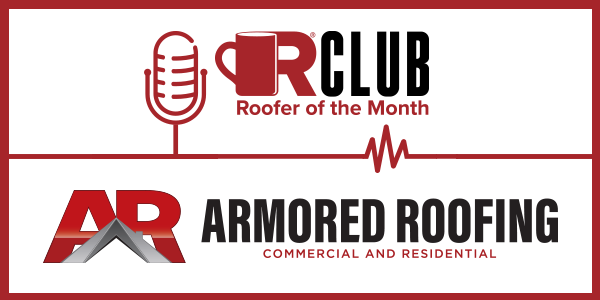What does it mean to be “bonded” and why does this matter?
July 14, 2025 at 6:00 a.m.By Northern Arizona Roofing Services.
Learn what the term “bonded” means in roofing and its importance for strong contractor-client relationships.
When looking for the right contractor for your project, you may look for contractors who are “licensed” and “insured.” A term that may be less familiar but no less important for roofing and construction work is the word “bonded,” so our experts here at Northern Arizona Roofing Services wanted to make sure our clients knew its meaning and value.
In the construction and roofing world, being bonded is a big deal — especially when it comes to larger or government-funded projects. Simply put, a bond is a financial guarantee that the contractor will fulfill the terms of a contract. It provides peace of mind and protection for property owners, project managers and government entities alike.
Bonding = Assurance
A bonded contractor has gone through the process of securing a surety bond from a licensed bond provider. This bond acts as a safety net. If the contractor fails to complete the project, doesn’t meet the specifications of the contract or causes a financial loss due to negligence or misconduct, the bond can be used to compensate the harmed party.
This is especially critical on government jobs where contractors can't file a lien on public property like they can with residential or commercial buildings. Because of this, bonding is often a requirement for public works and large-scale projects — it offers an alternative method of financial recourse when a lien isn't an option.
The three parties involved in a bond:
- Principal – The contractor (that’s us!)
- Obligee – The client or project owner (possibly you!)
- Surety – The bonding company (the one backing our promise)
If the contractor fails to deliver on the contract, the obligee can make a claim on the bond to recover financial damages. The surety will then investigate and, if valid, compensate the obligee. The contractor is then obligated to repay the surety.
Why does this matter to you?
When you hire a bonded contractor, you’re working with a professional who has been vetted by a third-party surety and has financial accountability built into their business model. It shows that the contractor is trustworthy, financially stable and committed to doing the job right.
At Northern Arizona Roof Services, we’re proud to be licensed, bonded and insured — giving our clients peace of mind whether we’re working on a residential roof in Flagstaff or a public project in North Phoenix.
Bonding isn’t just a technicality, it’s a commitment to integrity, reliability and protection for everyone involved in the project.
Original article source: Northern Arizona Roofing Services
Have a question? AskARoofer.
Find your local roofing contractor in the AskARoofer™ Contractor Directory.














Comments
Leave a Reply
Have an account? Login to leave a comment!
Sign In